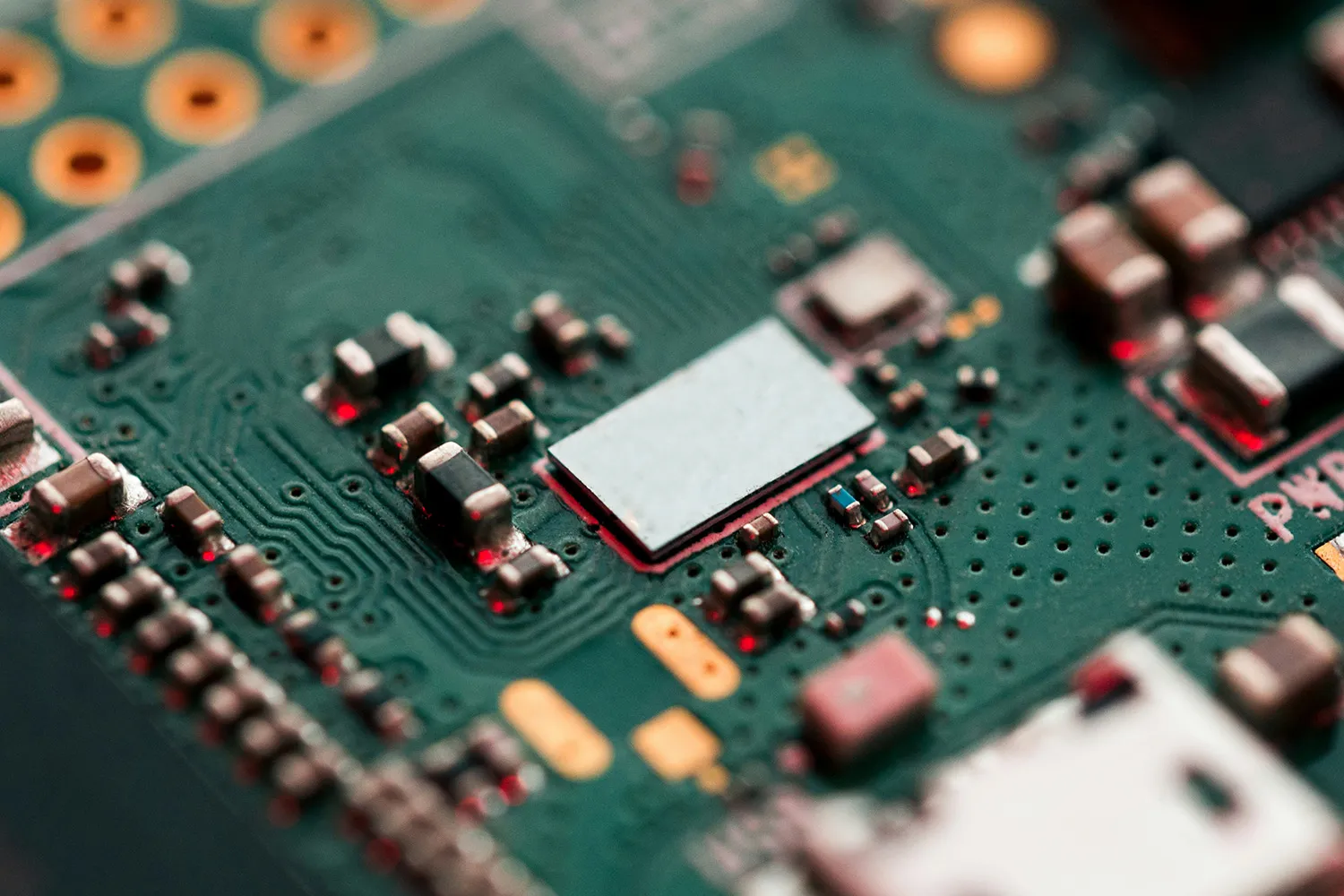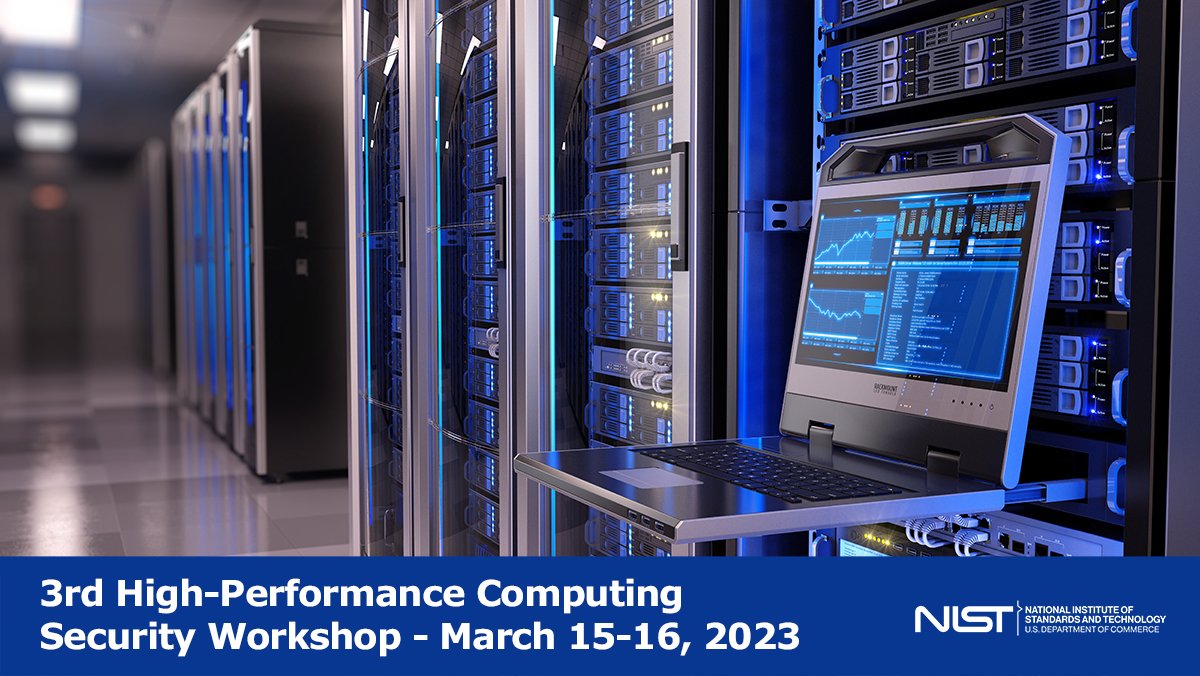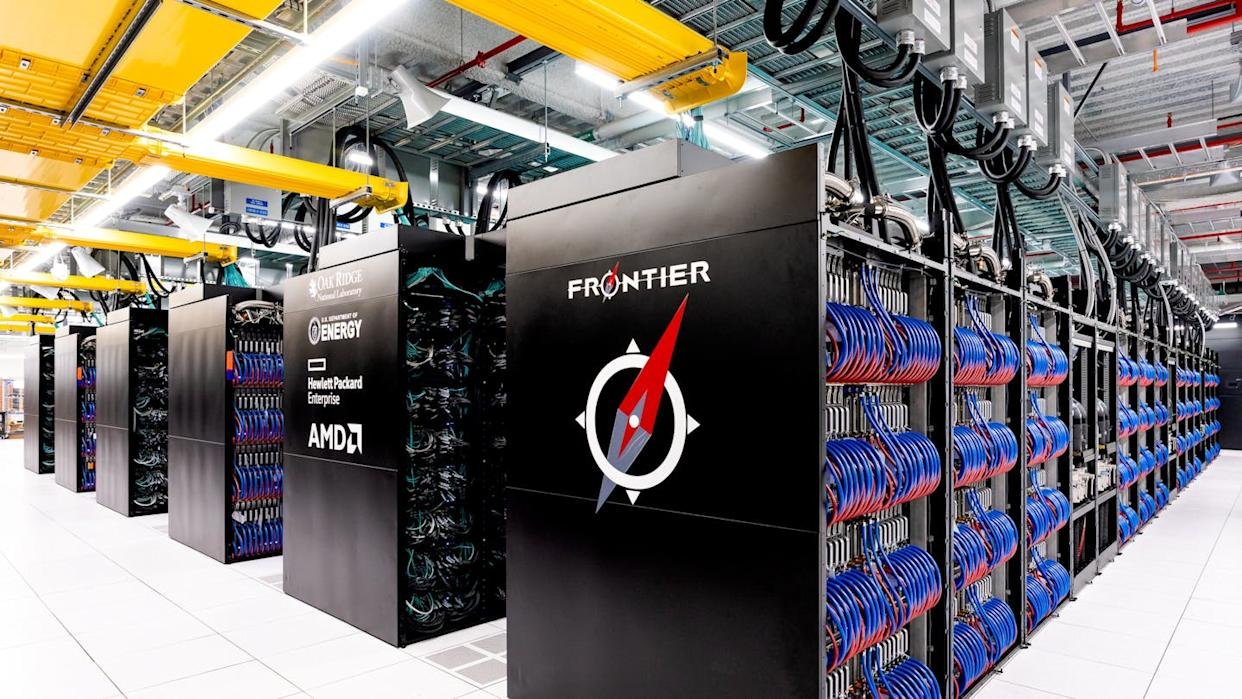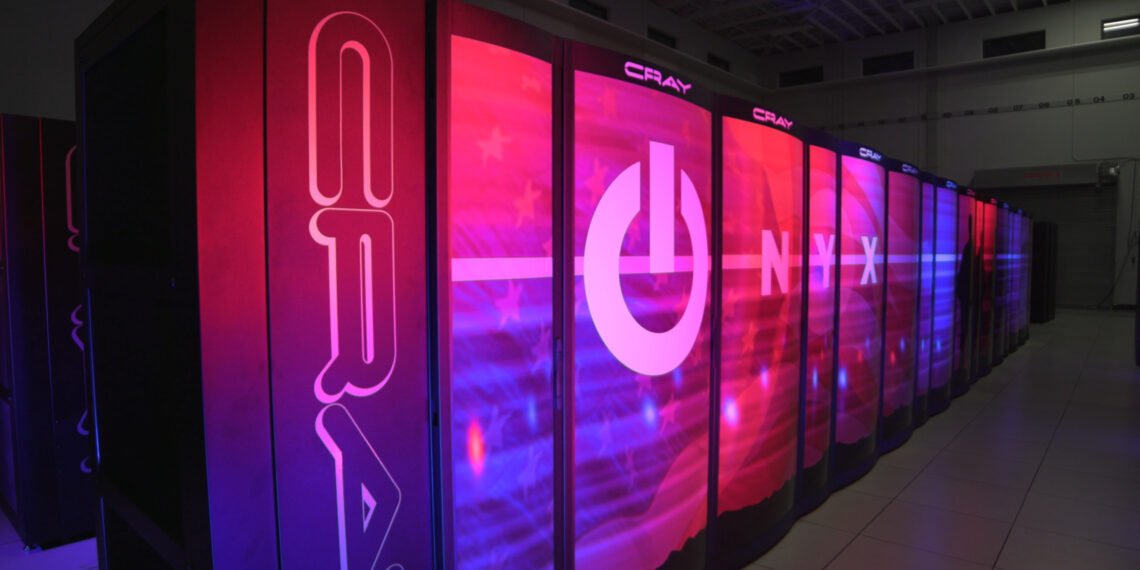Overview
High-performance computing (HPC) has emerged as a cornerstone technology enabling complex problem-solving and innovation across a wide variety of fields. Its systems, often composed of thousands or even millions of processors, deliver immense processing power through parallel computing. These capabilities allow HPC to handle tasks that require detailed simulations or massive data processing, which are beyond the reach of standard computing systems.
Key Applications
HPC is indispensable in fields that rely on intensive computational power. Below is a breakdown of major areas where it plays a transformative role:

- Artificial Intelligence (AI): Modern AI models, especially those used for functions like self-driving cars or voice recognition, demand large-scale computational resources for training. HPC systems accelerate this process, facilitating advancements in AI technologies.
- Weather Forecasting: Supercomputers simulate atmospheric conditions to predict weather patterns and track extreme events like hurricanes with higher accuracy.
- Healthcare: From modeling the behavior of new drugs to mapping genomic data, HPC is revolutionizing medical research and decision-making in patient care.
- Manufacturing: Automotive and aerospace design engineers use HPC to create simulations that improve performance and safety without costly physical prototyping.
- Government and National Security: Governments harness HPC for tasks such as cryptography, military simulations, and public safety monitoring.
Challenges in High-Performance Computing
While offering immense potential, HPC systems face several obstacles that need to be addressed for continued growth and efficiency.
Performance Bottlenecks
One major challenge lies in achieving a balance between processor speeds and memory systems. The inefficiency arises when processors, capable of operating at incredible speeds, are slowed down by memory systems unable to supply data at a matching pace.
Energy Consumption
Modern supercomputers consume enormous amounts of electricity, akin to the energy needs of small towns. This raises concerns about scalability, cost, and environmental impact. Unlike earlier advancements, where shrinking computer components also reduced power consumption, newer hardware designs increase energy requirements as performance improves.
Hardware Shortages
The technology industry has prioritized creating chips optimized for AI tasks using lower-precision mathematical models. However, many scientific applications still depend on high-precision 64-bit processors. A shortage of specialized hardware threatens progress in research fields reliant on such precision.
Global Efforts and Competition

HPC development has become a strategic priority globally, with numerous countries investing heavily to establish leadership roles.
- Europe: Programs such as EuroHPC aim to reduce reliance on external suppliers by creating advanced supercomputers. These systems are targeting key areas like climate modeling and personalized medicine.
- Japan: The Fugaku supercomputer supports both industrial applications and academic research, showcasing a balanced approach to HPC utilization.
- China: Leveraging homegrown technology, China has developed some of the world’s fastest supercomputers, consolidating its position as a leader in HPC.
- United States: While historically at the forefront, the U.S. now faces the challenge of maintaining its lead in the face of increased competition. Initiatives like the Department of Energy’s Exascale Computing Project have achieved breakthroughs, but the country requires a cohesive strategy for the long term.
Emerging Solutions and Innovations
Efforts to address HPC challenges focus on both hardware advancements and software innovations.
Hardware Developments
- Custom Chips: Tailor-made processors designed for HPC usage can bridge the gap between scientific and industrial needs. However, manufacturing these chips remains cost-intensive.
- Chiplets: By combining smaller chips like building blocks, chiplets offer an innovative and cost-effective approach to high-precision processing in HPC systems.

Software and Algorithm Optimization
Improved algorithms allow HPC systems to utilize available resources more effectively, enhancing computing efficiency while minimizing energy waste.
Energy-Efficient Architectures
Designing systems that optimize energy use without sacrificing performance is a key area of research. This includes experimenting with cooling methods and energy-saving processing techniques.
Role of Public and Private Sectors
Collaboration between governments, universities, and private companies continues to drive HPC progress:
- Public Initiatives: Policies like the CHIPS and Science Act aim to strengthen domestic semiconductor manufacturing while supporting advanced research.
- Private Investments: Tech companies are allocating significant resources for HPC infrastructure and AI integration, recognizing its critical role in data-driven innovation.
- Workforce Training: Investments in education and training for high-performance programming and parallel computing prepare the next generation of professionals to advance HPC capabilities.
Future Prospects

While HPC remains primarily grounded in classical computing frameworks, quantum computing offers a glimpse into its potential evolution. Quantum systems, leveraging principles at the atomic scale, hold promise for solving problems traditional computers cannot. However, these technologies are still in their infancy and are unlikely to replace HPC in the near term. Instead, they are expected to complement existing systems, especially in specialized fields requiring unique computational approaches.
Summary of Challenges and Opportunities
| Challenges | Potential Solutions |
|---|---|
| Memory System Inefficiencies | Improved memory architectures and software optimizations |
| High Energy Costs | Development of energy-efficient hardware and cooling |
| Shortage of Precision Chips | Investment in custom designs like chiplets |
Need for Long-Term Strategies
For HPC to maintain its momentum, countries must adopt sustainable, forward-looking strategies. Long-term investments in hardware, software, and human capital are essential. Moreover, alignment between commercial chip manufacturing and the requirements of academic and industrial research will ensure continuous progress in solving some of the world’s most complex challenges.
Frequently Asked Questions
How do power needs and cooling systems affect HPC performance?
High-performance computing (HPC) systems require substantial energy to operate. Managing this demand through efficient power solutions and advanced cooling systems is essential to prevent overheating and reduce energy waste. Inefficient cooling can lead to higher operational costs and potential hardware failure, impacting overall performance.
What hinders data transfer and storage speed in HPC?
Data transfer and storage are critical in HPC, but bottlenecks often occur due to limited bandwidth and slower storage devices. These challenges can create delays in processing large datasets, reducing system efficiency. Proper system design and scalable storage solutions can help address these issues.
How does the complexity of parallel programming limit HPC scalability?

Parallel programming can enhance the performance of HPC systems, but it often comes with complexities. Poorly optimized code or unbalanced workload distribution can prevent systems from achieving full scalability. This makes it challenging to maintain high parallel utilization across all processing units.
What difficulties arise from software and hardware interoperability in HPC?
HPC relies on the seamless integration of diverse software and hardware components. Mismatches between tools, frameworks, and hardware architectures can create compatibility issues. This can lead to delays in deployment and limit the system’s overall capability.
What are the risks to security when using HPC infrastructure?
HPC systems frequently handle sensitive data, making them targets for cyberattacks. Vulnerabilities in software or network configurations can expose critical information. Consistent monitoring, encryption, and access control measures are essential to mitigate these risks.
How do the rising expenses of specialized hardware affect HPC access and growth?
Specialized hardware, such as advanced processors and GPUs, is vital for HPC but comes with high costs. These rising expenses can limit access for smaller organizations and stifle innovation, as only well-funded institutions can afford to deploy cutting-edge systems.





































